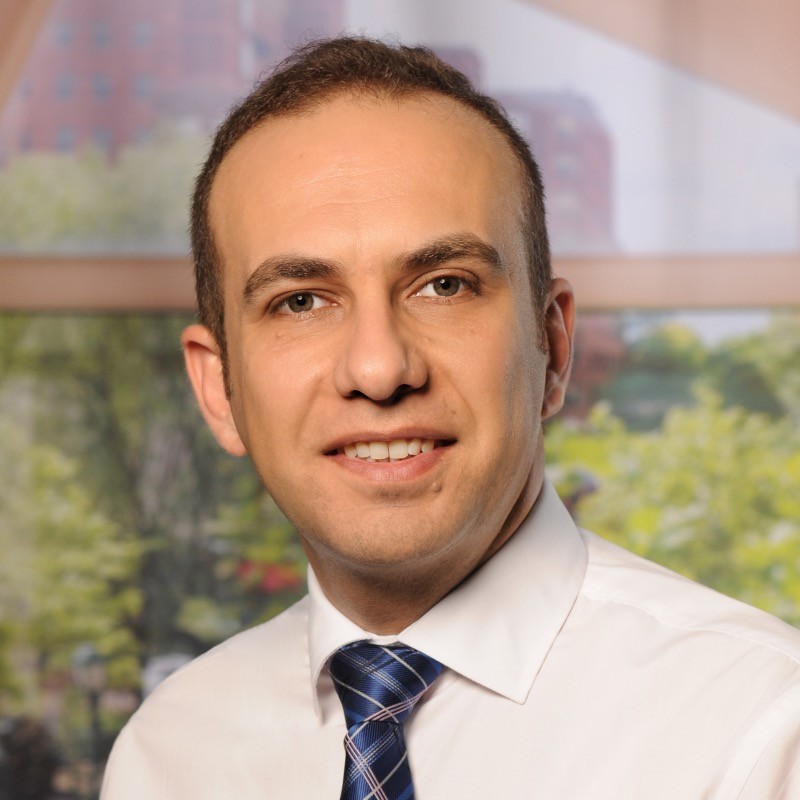Mehdi Khantan
• Engineer
• Neuroscientist
• Innovator
I am a lead engineer designing and building advanced systems at the intersection of neuroscience, electronics, and machine learning. I have developed a wide range of devices—including medical and assistive technologies—from concept to final product. With experience in both research and product development, I create solutions that bridge biology and technology through brain-computer interfaces, wearable devices, and intelligent hardware platforms.

About Me
I am a PhD Candidate at Temple University and a Staff Scientist at the Raphael Center for Neurorestoration, Thomas Jefferson University, where I develop hardware and software for neurotechnology and medical devices. My expertise covers the full stack of system design—from circuit design and firmware to algorithms and machine learning integration. The technologies I create are applied to individuals with motor impairments caused by brain or spinal cord injuries, or stroke. These include BCIs, wearable assistive devices, and neuromuscular stimulation systems (electrical and tactile). Alongside applied neurotechnology, I am also exploring organic intelligence: methods to interconnect biological neural networks (BNNs) into scalable, low-power computational systems.
Technical Skills
Circuit & PCB Design – High-performance analog/digital and mixed-signal systems with focus on reliability and signal integrity
Embedded Systems & Firmware – Bare-metal development on ARM (STM32), ESP32, AVR, PIC, and FPGA platforms
Software Development – Applications and systems in C, C++, C#, and Python
Signal Processing – Real-time data analysis, filtering, feature extraction, and spike detection for neural and medical signals
Machine Learning – Model training and deployment for BCIs, organic intelligence, and medical devices
Building Intelligent Systems That Bridge Biology and Technology
I design and develop custom PCBs, adapters, embedded devices, and complete hardware–software systems. I also build signal processing pipelines and machine learning solutions tailored for research, medical devices, and intelligent hardware.
If you’re looking for custom design or development support, I’m available for freelance projects.
Let’s discuss your project and explore how I can help bring your idea into reality.

What I’m Developing
“Innovation distinguishes between a leader and a follower.” — Steve Jobs
Assistive Devices
Wearable exoskeletons and stimulation systems that restore movement using mechanical actuators or neuromuscular stimulation. These devices help patients regain voluntary control, balance, and mobility after injury.
Brain–Computer Interfaces (BCI)
Developing recording systems, MEAs, signal processing pipelines, and ML models to decode neural activity. The goal is to restore communication and movement for individuals with severe impairments.
Organic Intelligence
Researching ways to interconnect biological neural networks (BNNs) into scalable, low-power processors, opening the path to future biological computing systems.
Technology
Technology is not just about circuits, code, or devices—it is about extending human potential. I believe the true measure of innovation lies in how it bridges our ideas with the real world: helping us understand it more deeply while also improving lives, expanding possibilities, and opening new ways of interaction. For me, engineering is exploration. Every design is a step toward understanding the dialogue between humans and machines. My goal is not only to build tools, but to create technologies that are adaptive, meaningful, and sustainable for the future. I also believe every engineer carries two essential responsibilities: To invent technologies that push the boundaries of what is possible. To make those technologies accessible—through scalability, efficiency, and affordability—so that everyone who needs them can benefit.
Skills & Expertise
Organic Intelligence (OI) – Research into harnessing biological neural networks (BNNs) as a computing substrate, including methods for interconnection and communication to enable low-power, adaptive processing.
Brain–Computer Interfaces (BCI) – Development of systems for real-time neural data processing, spike detection, and machine learning–based control to restore communication and movement.
Spinal Cord Stimulation – Design of closed-loop neurostimulation platforms that support rehabilitation and functional recovery after injury.
Wearable Technology & Exoskeletons – Engineering of assistive and rehabilitation devices that enhance mobility through mechanical actuation and neuromuscular stimulation.
Medical Device Development – Full-stack expertise from circuit design and firmware to software, prototyping, and clinical-ready systems.
Tactile & Sensory Stimulation Systems – Creation of mechanical and electrical devices for sensory substitution, therapy, and rehabilitation research.
Microelectrode Array (MEA) Design – Custom high-density electrode systems for recording and stimulating neural activity in vitro and in vivo.
Environmental & IoT Systems – Development of monitoring stations and IoT-based automation for climate, hydroclimatology, and agricultural applications.
Laboratory Instrumentation – Design and fabrication of specialized tools and devices for neuroscience and biomedical research.
Robotics & Control Systems – FPGA- and microcontroller-based systems for automation, precision motor control, and autonomous robotics.
Smart Greenhouse Automation – IoT-driven climate control and irrigation systems with integrated web dashboards and voice-control support.